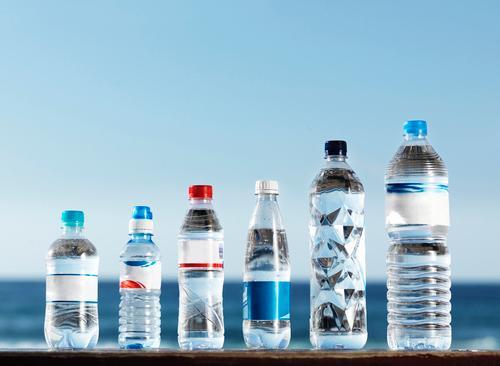 Scientists from Nanjing University in China and the University of Florida investigated the effects of storing 16 brands of bottled water (all sold in China) at three temperatures: 39 degrees F, 77 degrees F, and 158 degrees F, intended to mimic the temperatures of a refrigerator, a standard room, and the inside of a car, respectively. “Based on the literature, that is a temperature that’s reachable on a hot summer day in a car,”
Scientists from Nanjing University in China and the University of Florida investigated the effects of storing 16 brands of bottled water (all sold in China) at three temperatures: 39 degrees F, 77 degrees F, and 158 degrees F, intended to mimic the temperatures of a refrigerator, a standard room, and the inside of a car, respectively. “Based on the literature, that is a temperature that’s reachable on a hot summer day in a car,”
The researchers checked the levels of two substances — antimony and bisphenol A (BPA) — after one, two, and four weeks. Antimony, a trace heavy metal, has been found to play a role in lung, heart, and gastrointestinal diseases, according to a 2009 study review. The International Agency for Research on Cancer classifies one form of the metal, called antimony trioxide, as a “possible carcinogen.” BPA, meanwhile, is a chemical that can mimic estrogen in the body and which is found in some plastics; it’s been banned for use by the FDA in baby bottles and sippy cups.
The researchers found that as the temperature rose and time passed, increasingly high levels of antimony were detectable in the bottles of water. Specifically, at 77° F, the release of antimony increased by as much as twofold over that at the cooler temperature — although the levels of the trace metal varied by brand, increasing significantly at 77 degrees F in only six out of 16 brands


www.sanatansewa.blogspot.in
ReplyDeleteThis article offers a balanced view, encouraging critical thinking and fostering healthy discussions.Thank you for sharing this information with us.
ReplyDeleteSoft Skills Training in Bangalore
Leading Desktop Retailers in the city
George & Co. Premier law firm Bangalore India
Dr. Prabhu N Nesargikar, a distinguished Cancer and Bariatric Surgeon in Bangalore India